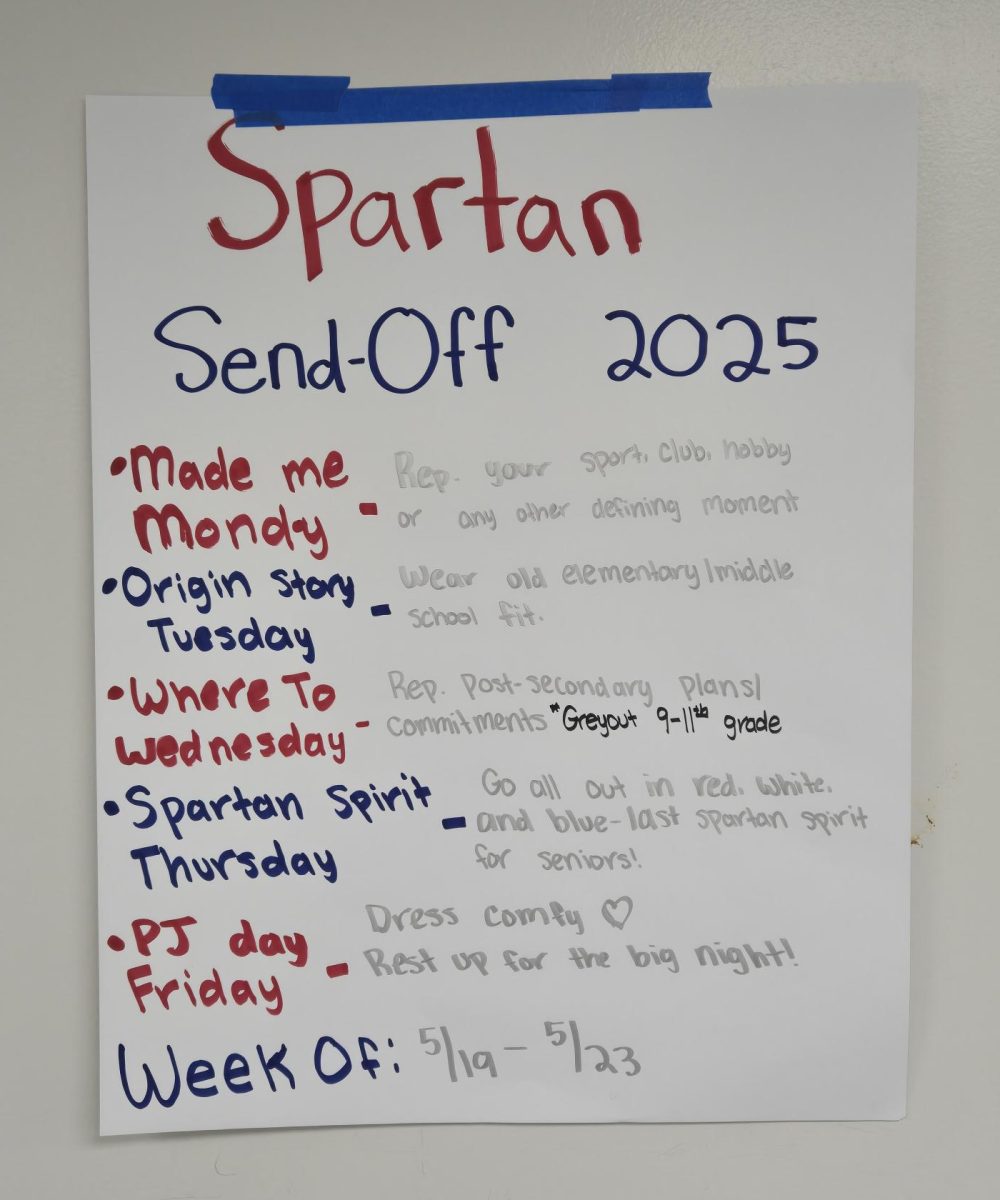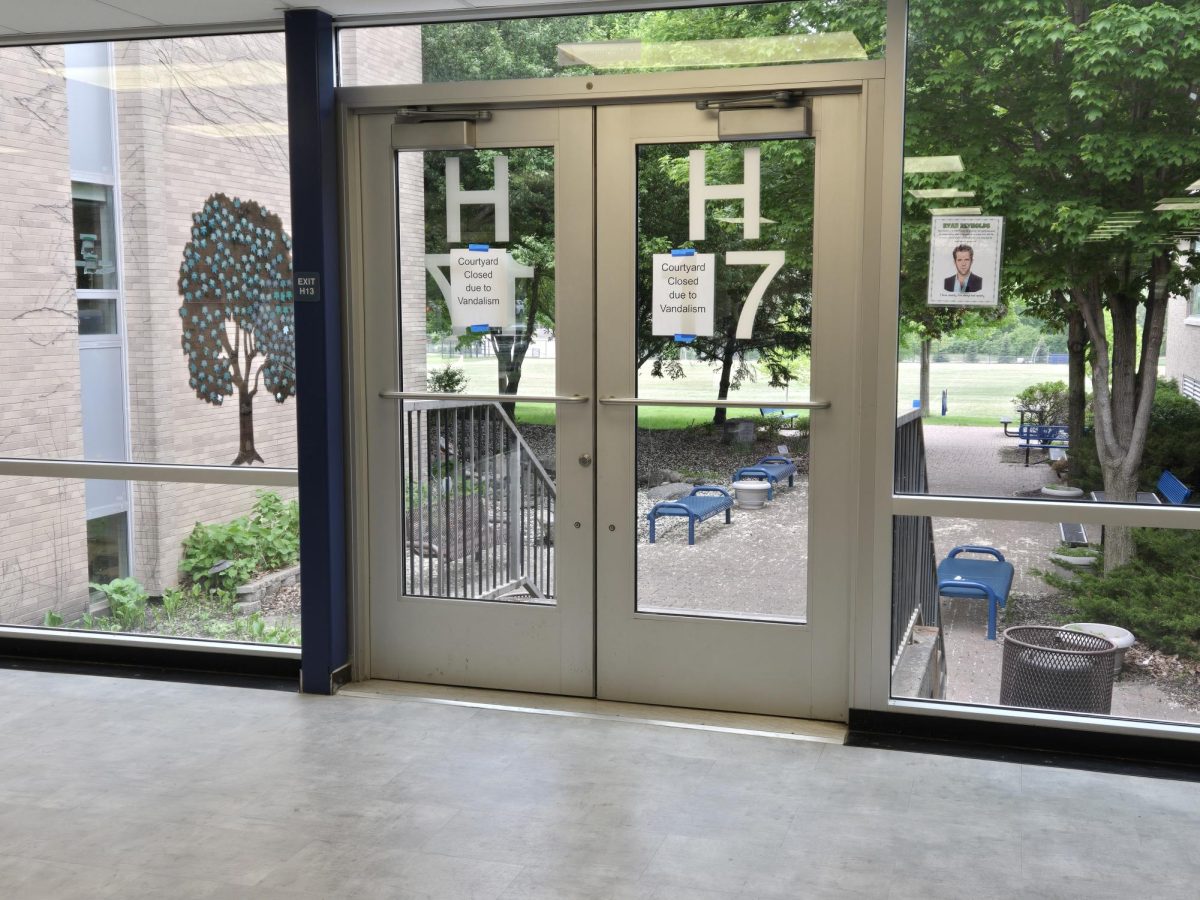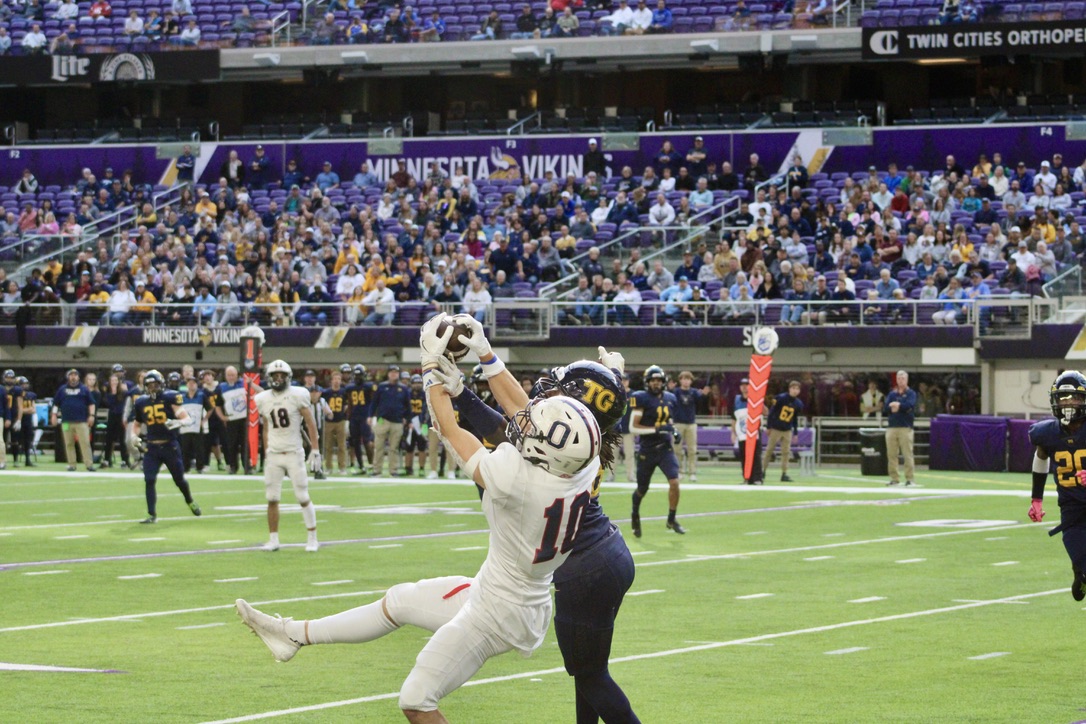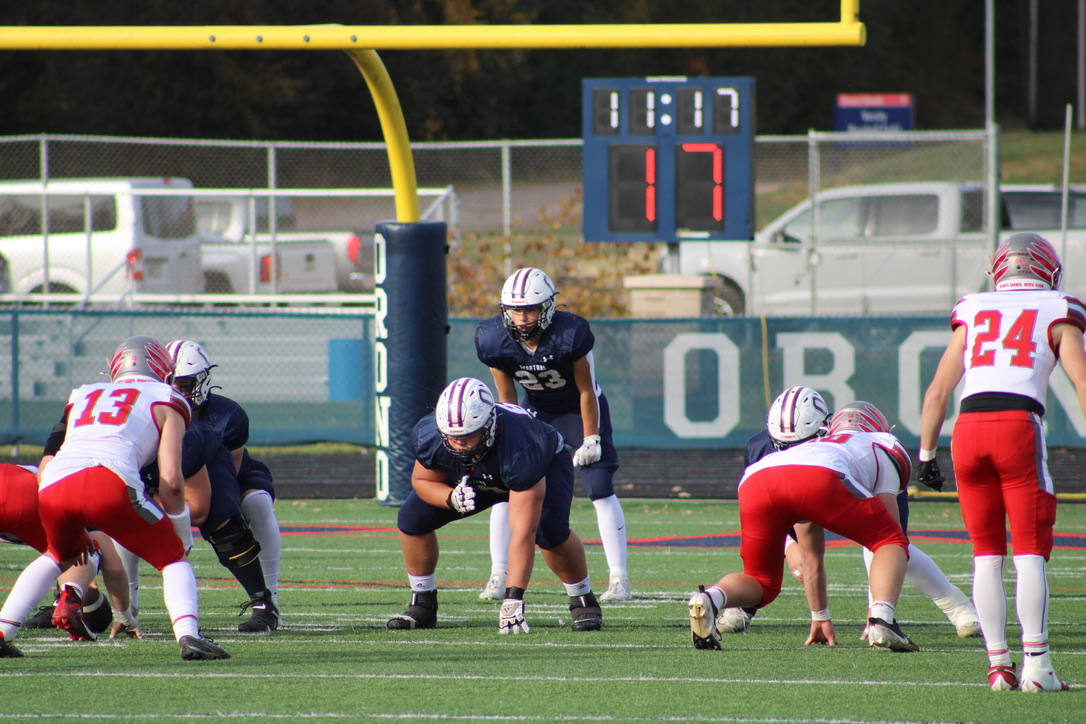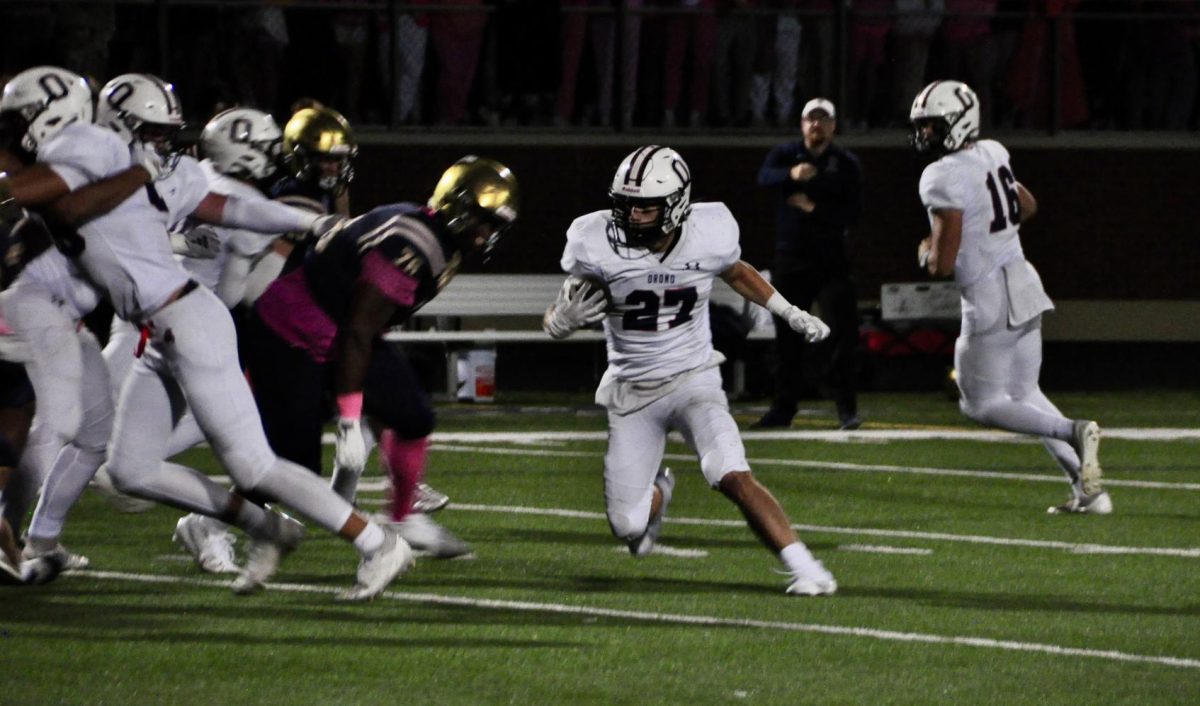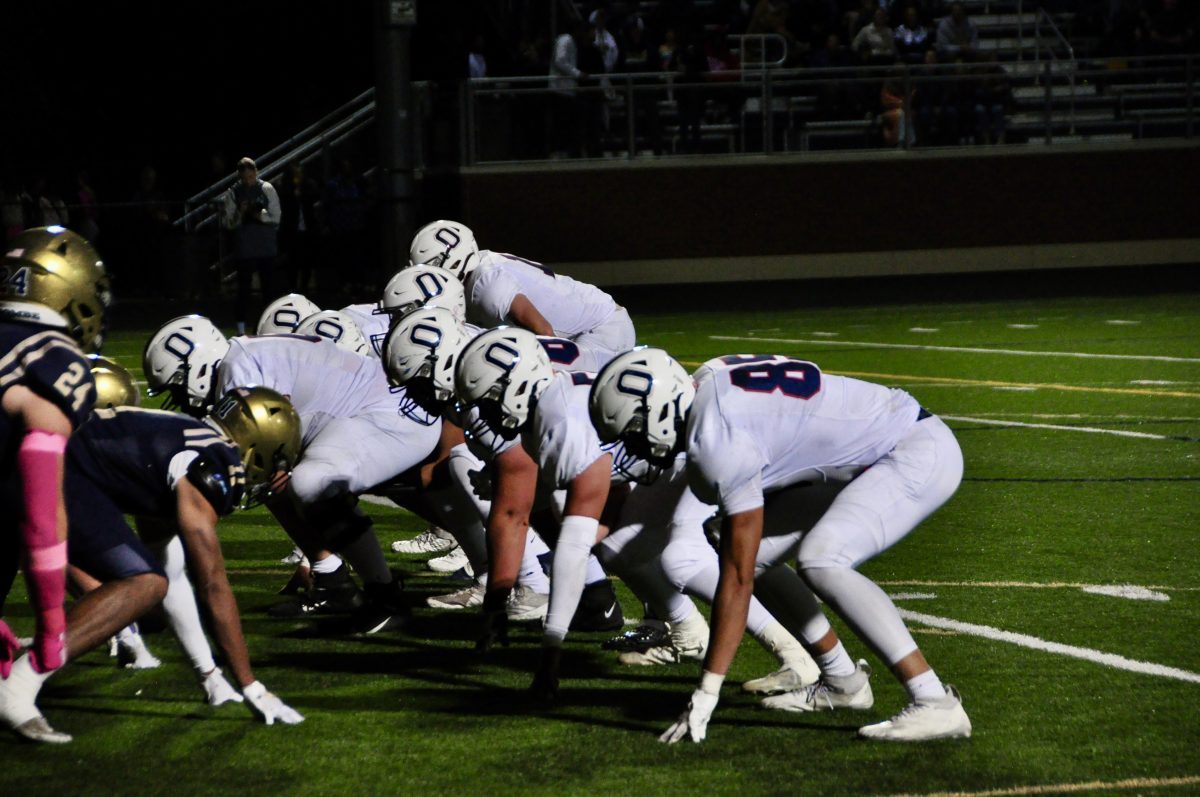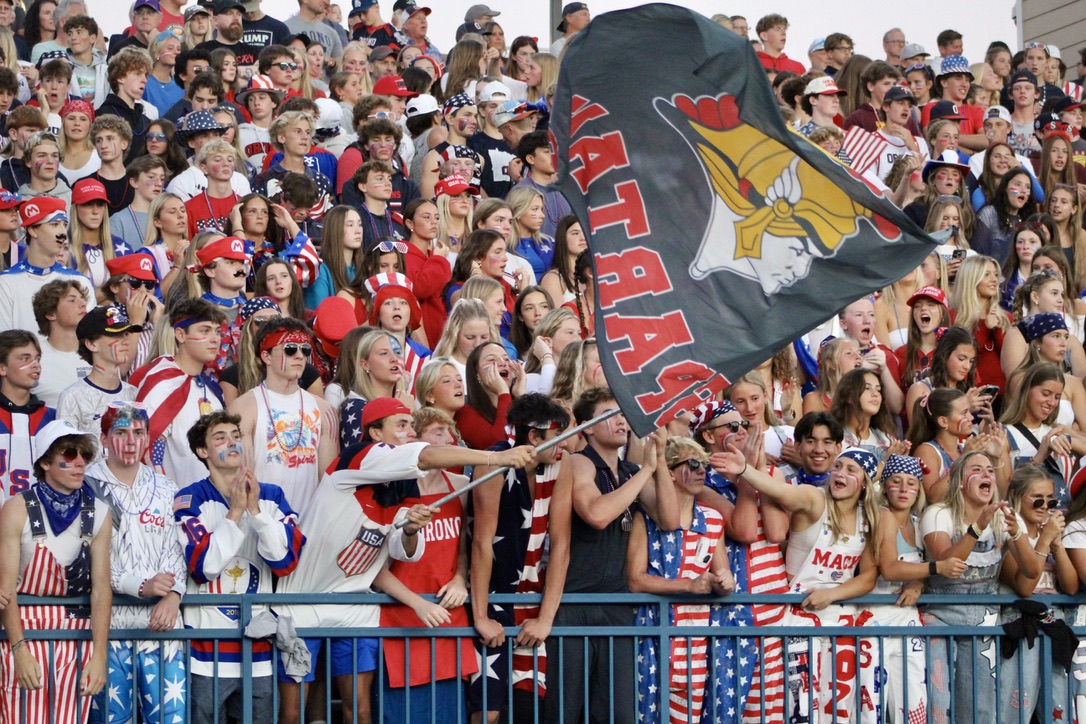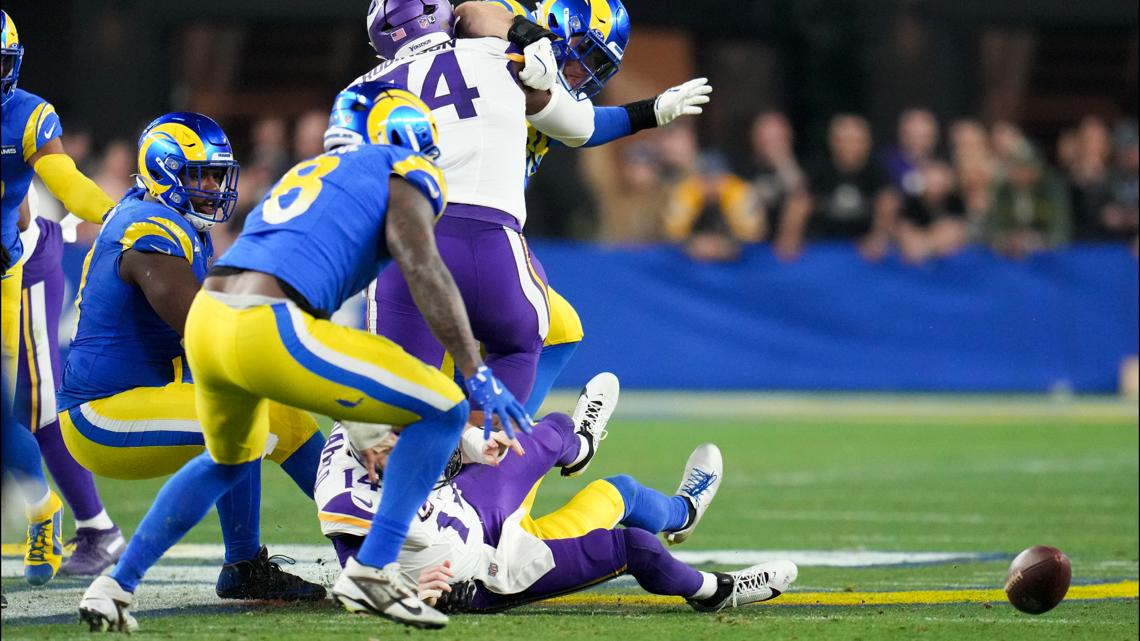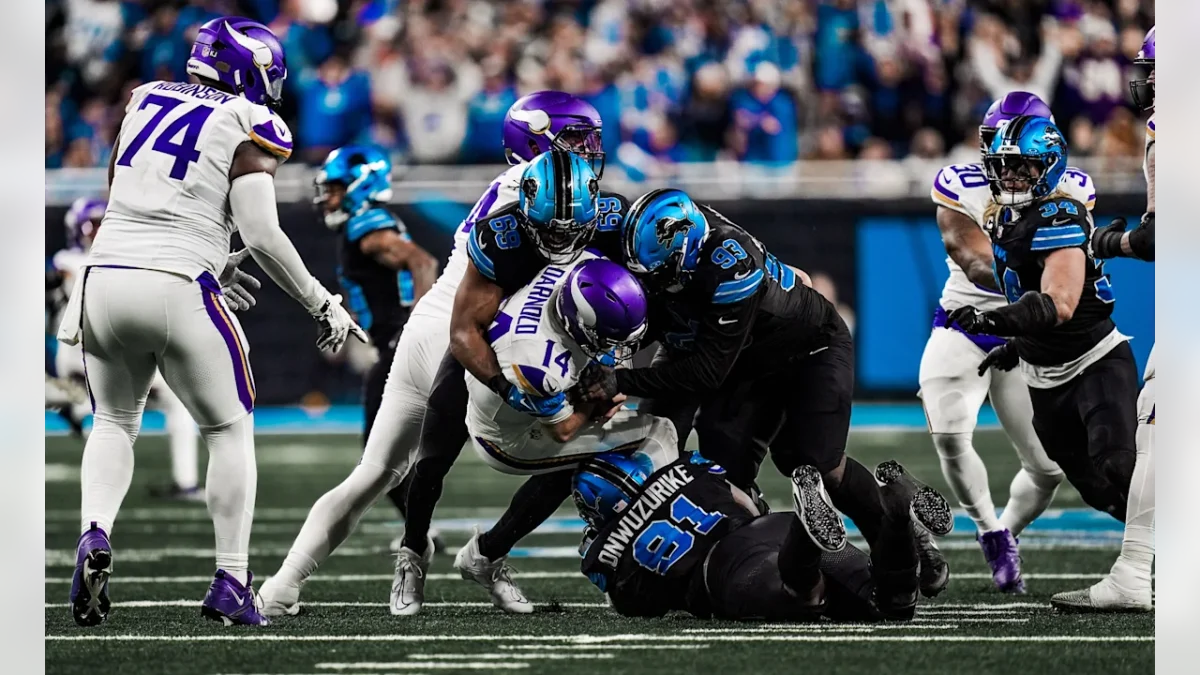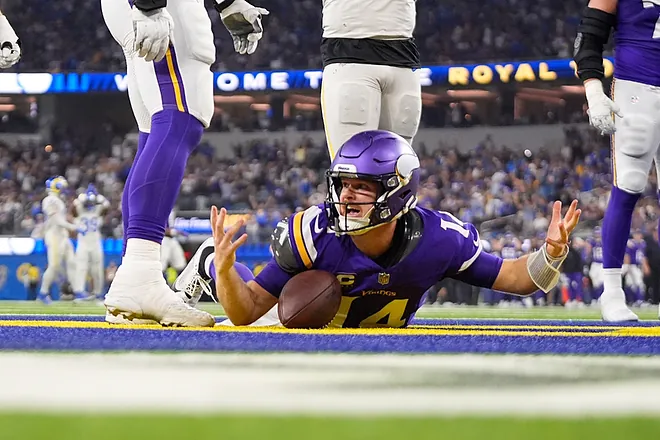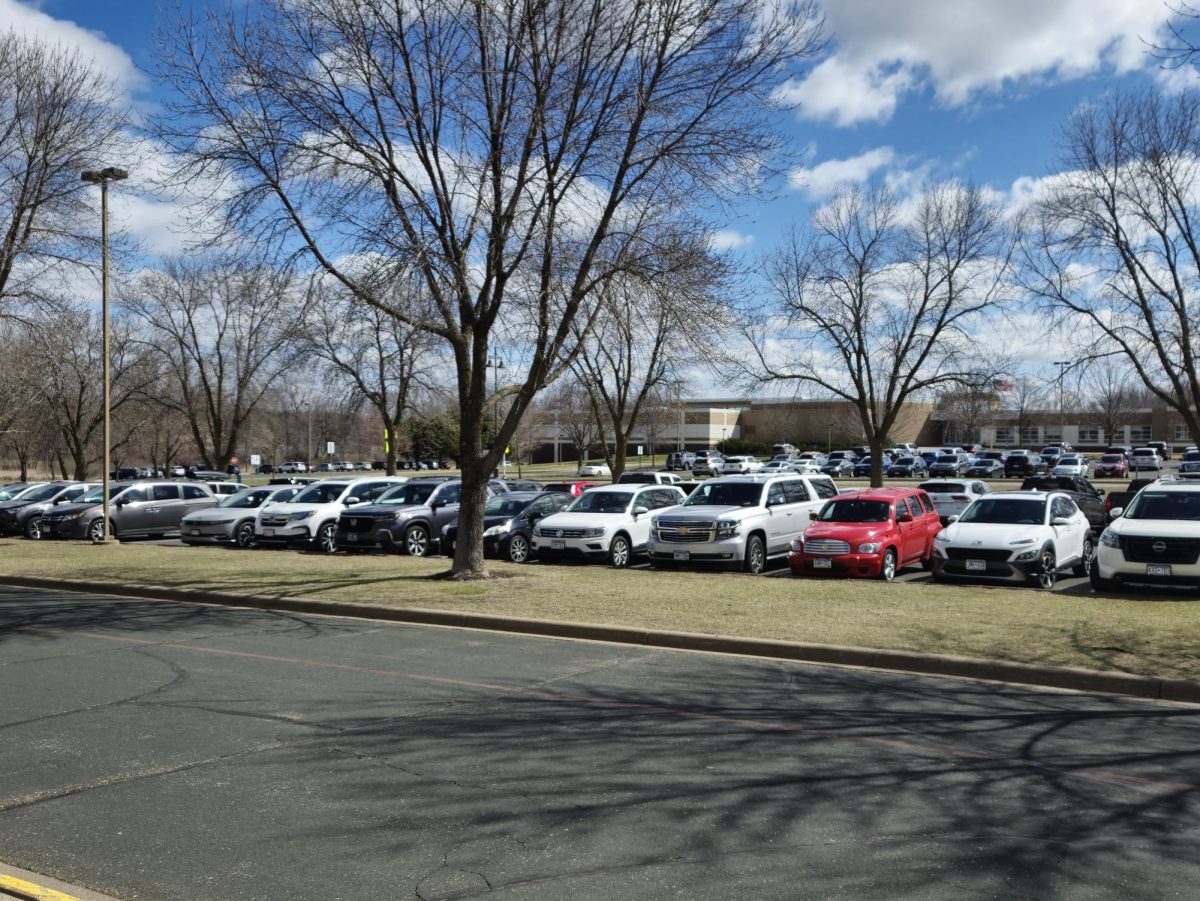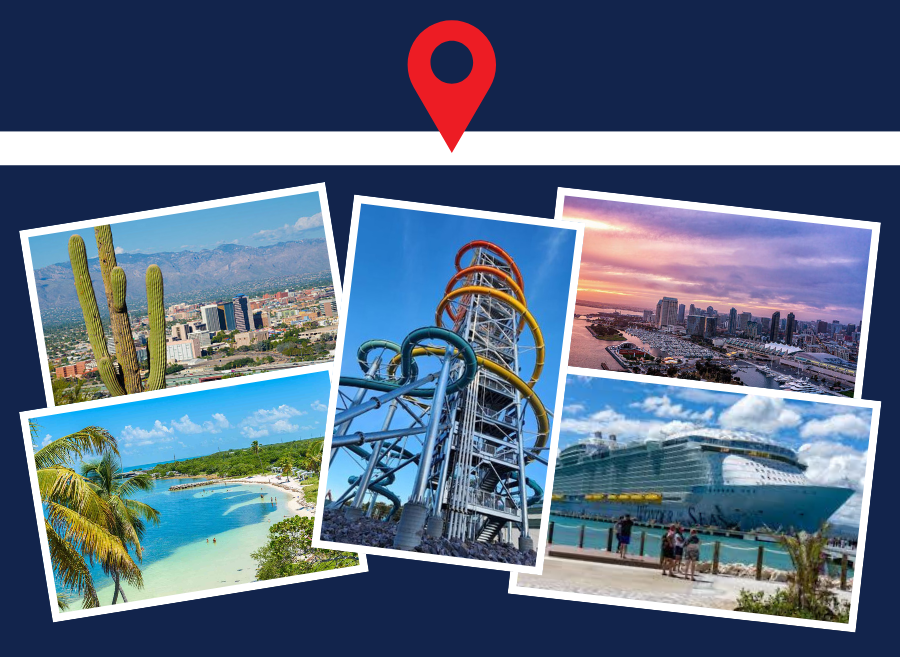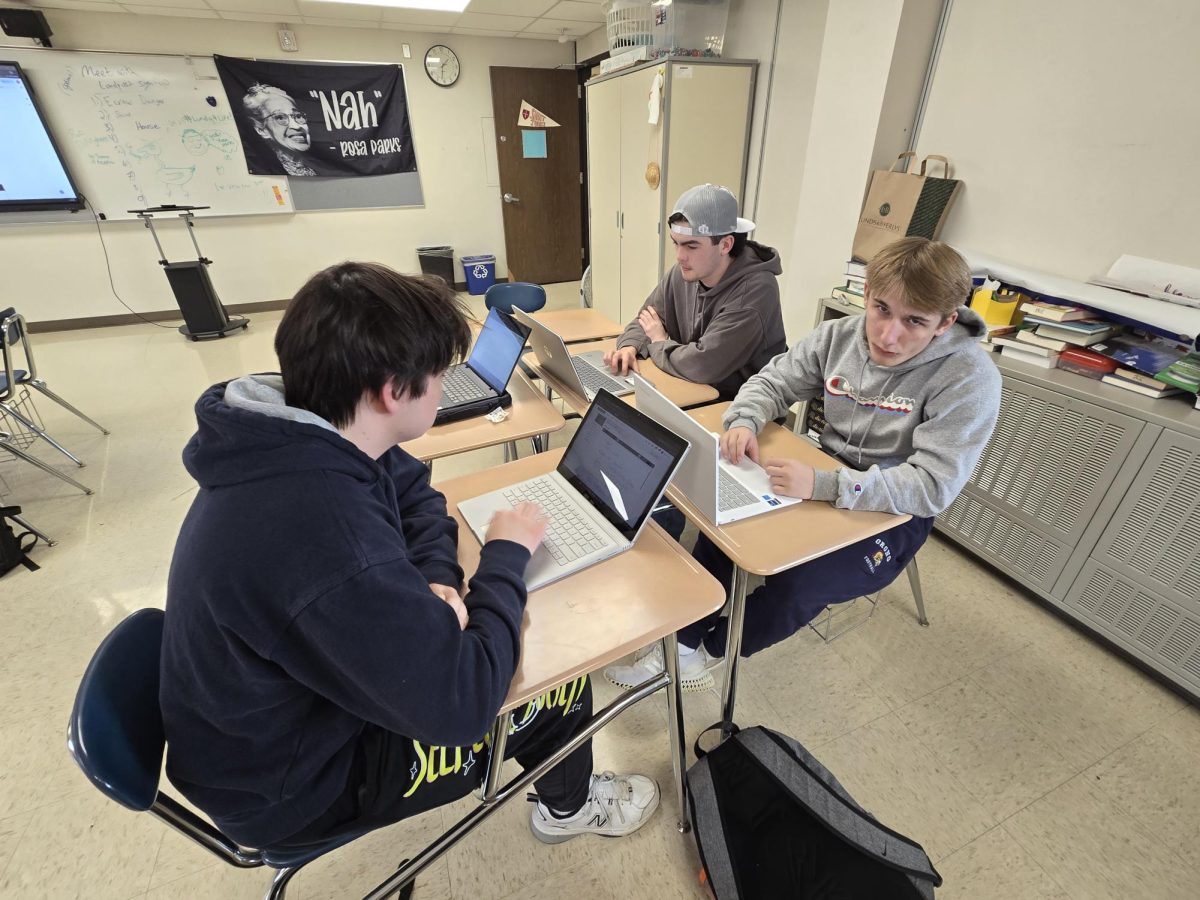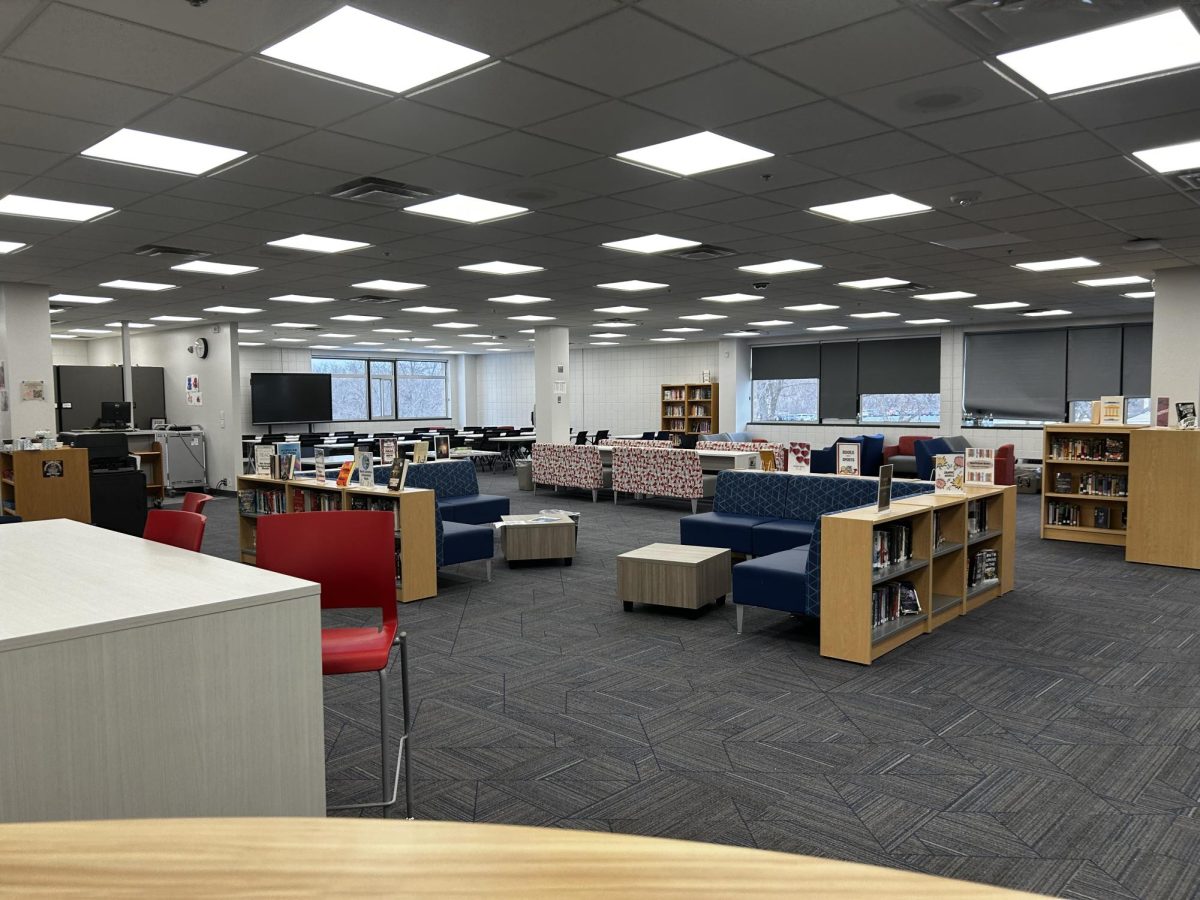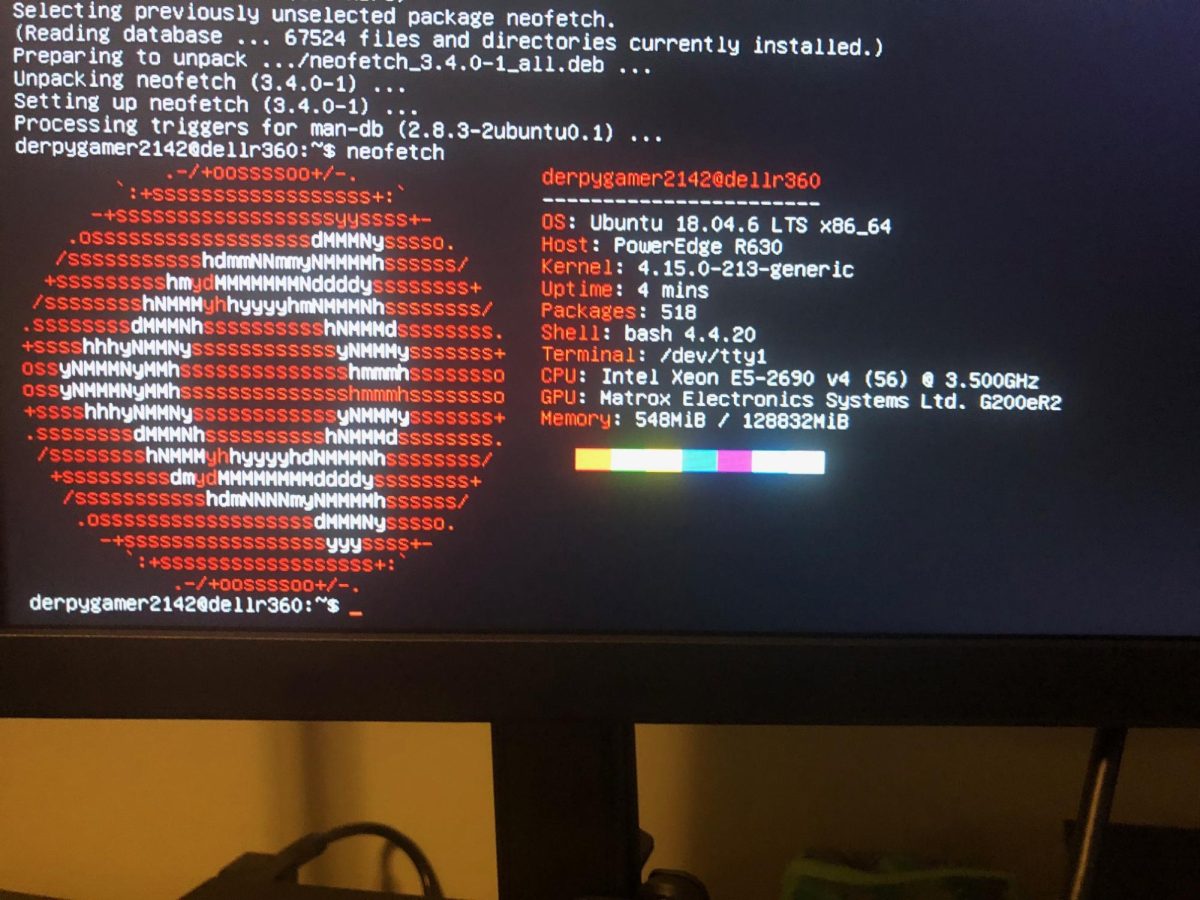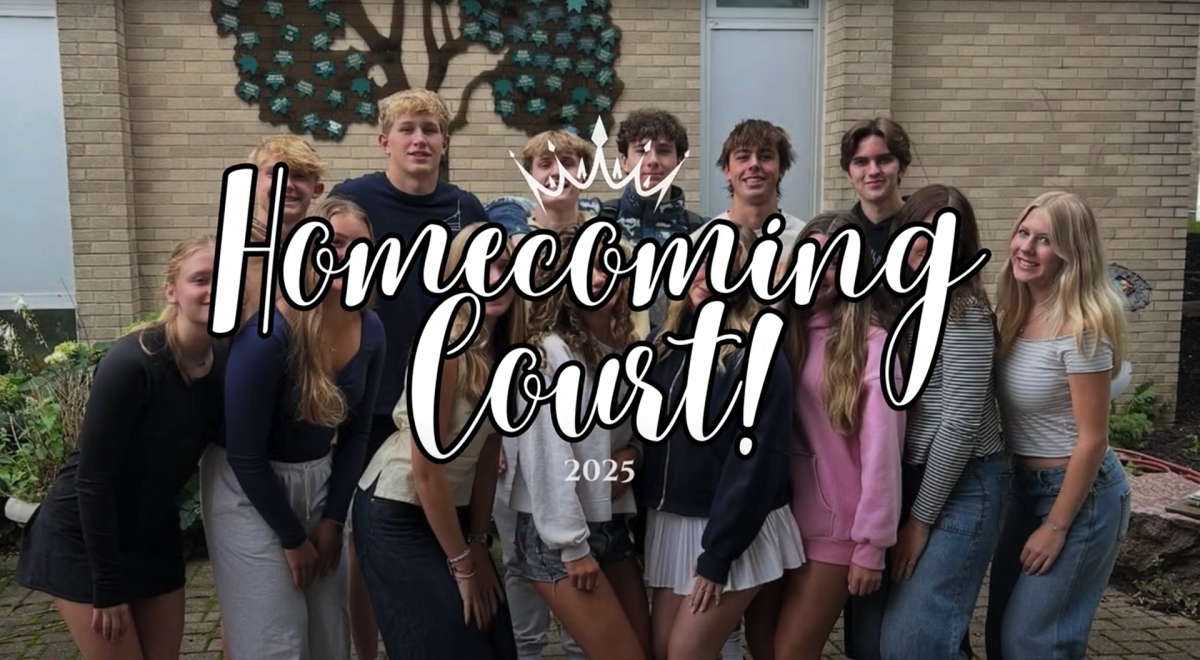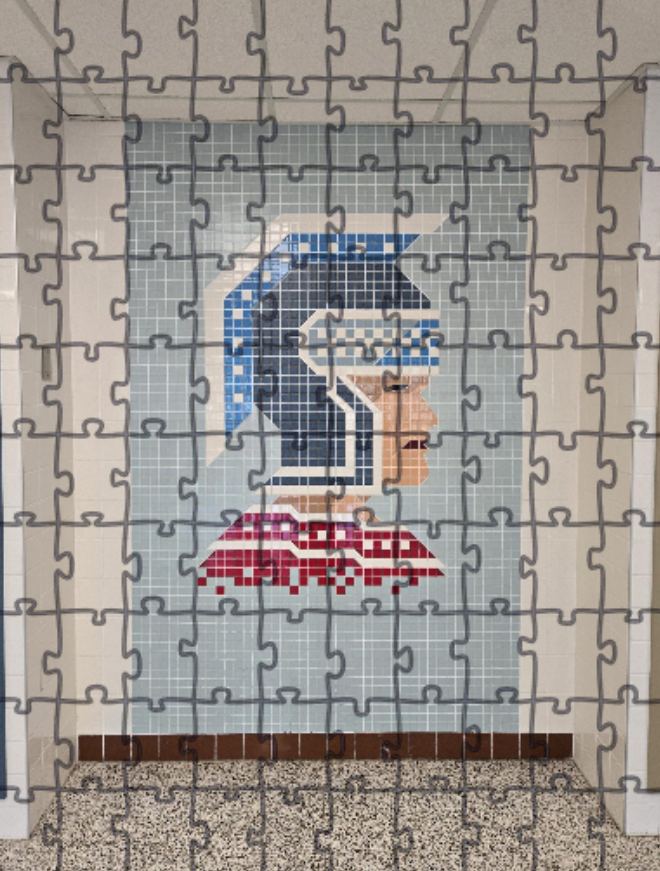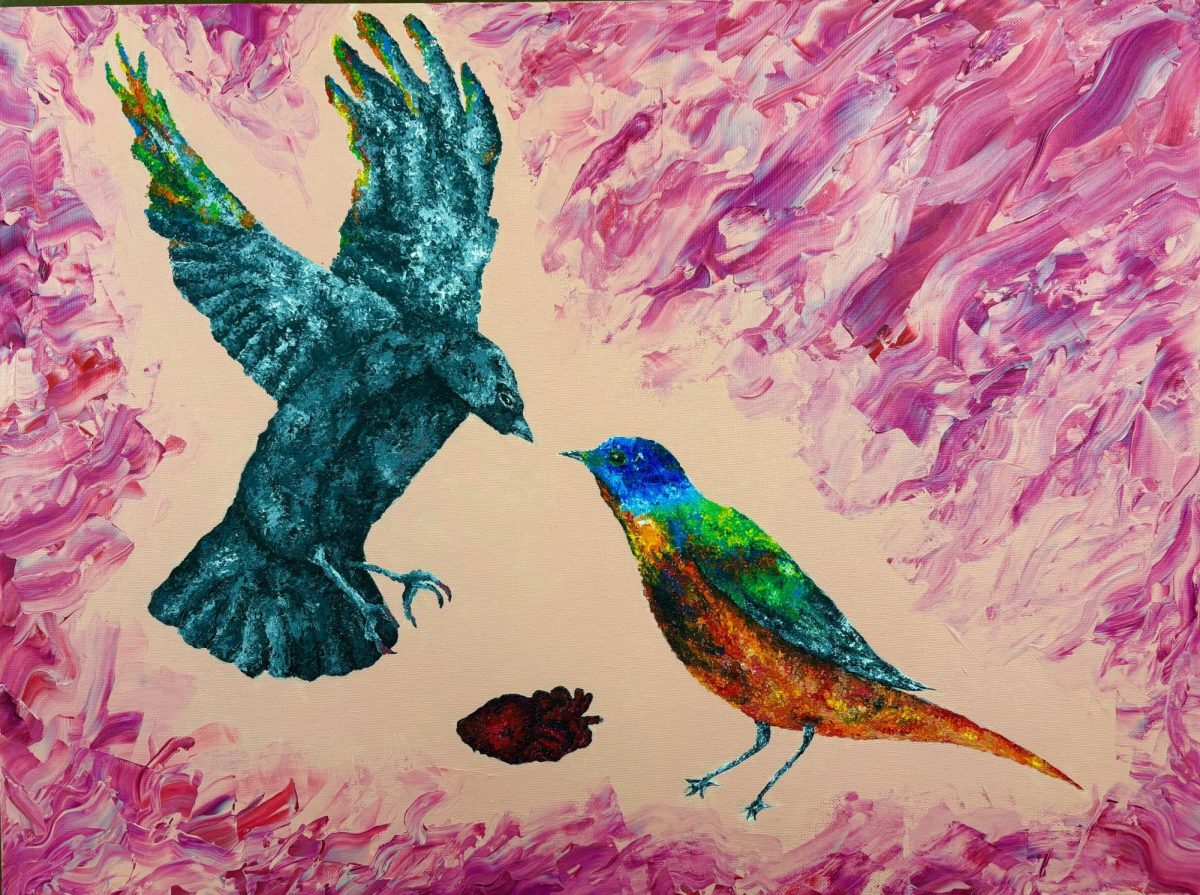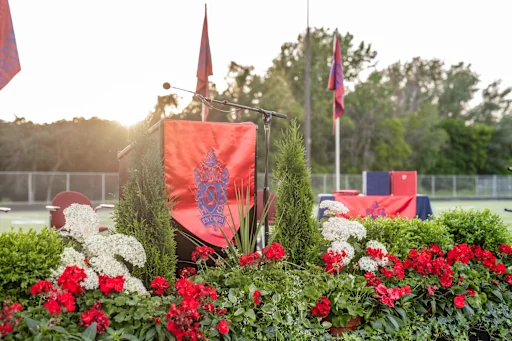Middle East
In response to President Basharal-Assad’s treatment of protesters, Syria has been suspended from The Arab League and is continuing to have strained relations with neighboring countries. The Arab League is an organization of nations in the Middle East that was created in 1945 to coordinate collaboration and unify Arab countries. The protesters are demanding several political freedoms, such as freedom of speech, and are also looking for equal rights for Kurdish people in Syria.
The Syrian government has responded by passing some legislation, but has also responded in more forceful ways. Tanks and snipers have reportedly been used to remove people from the streets, and food and flour have been confiscated from the protesters by police. In addition to being suspended from The Arab League, Syria has also lost an oil deal with Turkey and is in danger of having its electricity exports cut off.
Australia
President Barack Obama met with Australian Prime Minister Julia Gillard recently to discuss temporary U.S. military presence on Australian soil. This is the first time that the U.S. has ever stationed troops in Australia, and many speculate that this move is in response to China’s rise as a global power. President Obama has denied that China is the reason for the decision, but it’s clear that the U.S. wants to maintain control of the Pacific region. Instead of creating new bases, the Pentagon has requested use of some preexisting Australian bases for the time being.
The military occupation is apparently only temporary, and is a result of a meeting in Hawaii of several Asian and Pacific nations. The meeting was for the creation of an Asian-Pacific trade bloc that includes eight nations in addition to the United States. China was not included in the agreement.
Asia
Prime Minister Vladimir Putin of Russia accepted a nomination for the presidency this month. The United Russia
Party chose Putin as their nominee right before the congressional elections, leading many to believe that the nomination was intended to give the party good publicity before the vote. Putin was president of Russia from 2000 to 2008, and due to term limits, could not run for a third consecutive four year term. Instead, Putin was appointed by his successor, President Dmitry Medvedev, to the position of prime minister.
Putin is considered Russia’s most popular politician, and is credited for ending the economic decline of the post-Soviet Union era. However, his approval ratings have been lower recently, at 67 percent in comparison to nearly 80 percent in 2010.
Europe
In England, the largest strike in years has caused the shutdown of about 90 percent of state schools. Included in the strike are teachers, border staff, health care workers and many other public sector employees. Over 30 unions are involved, and are protesting changes in the pension system of the country.
On top of the closing of hundreds of schools, the strikes will also cause immigration office delays, delayed flights and delays for commuters, with the maintenance of tunnels not being attended to. According to the Chief Secretary of the Treasury, the reason for the change in pensions has to with the rise in life expectancy. “That means we are now spending more on these pensions than we do on the police, prisons and the courts combined.”
S. America
Venezuelan authorities have captured a top Colombian drug trafficker, Maximiliano Bonilla Orozco, who had a $5 million bounty on his head from the United States and is on Colombia’s most-wanted list. Bonilla was captured at a house in the city of Maracay with about $180,000 in Venezuelan currency. The infamous drug trafficker has been accused of sending tons of cocaine to the United States through Mexico’s Zetas cartel. Presidents of both Colombia and Venezuela have credited the arrest to increased cooperation between the two nations. Colombian officials reportedly supplied the Venezuelans with intelligence, and the Venezuelans used that information to track down Bonilla.
Africa
The International Criminal Court (ICC) recently issued a warrant for the arrest of former leader of Ivory Coast, Laurent Gbagbo. The ICC is going to investigate killings, rapes and other abuses that occurred during a post election conflict that happened this year. After Gbagbo lost the election to current President Alassane Ouattara, he refused to give up his position, and the ensuing civil war killed over 3,000 people and displaced over 1 million.
The former president is currently under house arrest in northern Ivory Coast, and is due to be transported to ICC headquarters in The Netherlands soon. The ICC operates independently from the United Nations, and usually deals with crimes against humanity, genocide and war crimes. Although Ivory Coast is not a member of the ICC, they have accepted their jurisdiction.
Harry Hutter is the Advertising Editor for The Spartan Speaks




